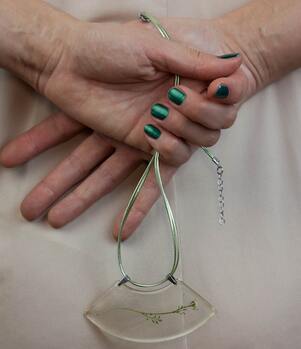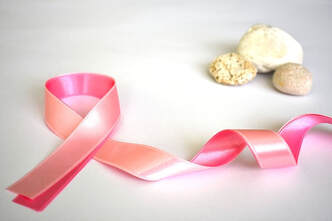|
Helena Green
Clinical Psychosexual Therapist First, it’s important to say that not everyone will experience problems with their sexuality or sexual functioning, and it is only considered a problem when it is causing distress for the woman, her partner and impacting negatively in their relationship. Sexual problems/changes are very common following treatment for breast cancer; research suggests that overall quality of life and general wellbeing are often lower for women (and men) who do experience sexual difficulties.
0 Comments
Part 1Do you have a low sexual desire? Or perhaps difficulty with orgasm?
If you do, you’re not alone. Our television soapies and glamourous Hollywood movies might like us to believe that sexual desire and orgasm are as easy and quick as looking into the eyes of that sexy man or woman… … but while this certainly might help, the reality is that sexual issues such as low libido and difficulty to orgasm are very common in our society. To bring a greater awareness to this widespread medical problem, May has been designated “Pelvic Pain Awareness Month” by the International Pelvic Pain Society.
Pelvic Pain is often called ‘the silent epidemic’… It affects about 20% of women and about 8% of men at some time in their life. Information from the Australian Bureau of Statistics reveals that chronic Pelvic Pain is more common than asthma (about 14%) and back pain (10%). Part 3 - Maintaining Healthy SexualityIllness/Treatment impact on Sexuality
If you have breast cancer, or undergoing treatment, it’s important to have an understanding of how treatment (surgery, chemotherapy, radiotherapy and endocrine therapies) may affect your body. These ‘changes’ often include induced menopause with a consequence of an impact on your sexuality. Such awareness can be very empowering…it will help you to feel more in control and it will provide you with the information for you to check with yourself, partner, GP or health care profession, to see if you need support, further information or treatment from referral to a specialist. Sexual problems/changes are very common following treatment for breast cancer Much research of sexuality has shown that there may be an overall reduction in the quality of life and general wellbeing for women who experience sexual difficulties. Part 2 - The Uniqueness of You In part one of this Newsletter, I spoke about the importance of discussing sexual concerns after breast cancer, and gave an overview of some of these issues.
I want to continue this discussion in Part Two by acknowledging that if you have breast cancer and you are reading this, it is significant in that you are taking personal responsibility and accepting a unique opportunity in working towards making ‘intelligent sexual and relationship decisions’. Remember that positive motivation and understanding, promote wise choices… Guilt, shame and anxiety about yourself or your past will act like an anchor in your life and weigh you down, and hold you back...they may lower your self-esteem, and negatively affect your relationship and sexuality. I have had the pleasure of working with some amazingly courageous women who are managing their loss of ‘sexualness’ in relation to their own femininity, body image and sexual partner. Part 1 - Sexual ConcernsSexuality is a very sensitive subject.
When discussing this issue, it’s important to feel as safe and comfortable as you can…be gentle with yourself. In particular, you will need to be aware that after breast cancer, your body is different in many ways. You may feel different, and you may respond differently to touch, intimacy, and sexually. Defining your own meaning of sexuality intimacy is really important: we all have our own ways of defining our sexuality, and you need to feel as ok as possible, to talk about the impact that treatment has had on your ‘sexual self’. |
At inSync for life, we acknowledge the Traditional Custodians of the land on which we work and live.
We recognise their continuing connection to land, water and community, and we pay respect to Elders past, present and emerging
We recognise their continuing connection to land, water and community, and we pay respect to Elders past, present and emerging
Copyright © inSync for life 2024







 RSS Feed
RSS Feed